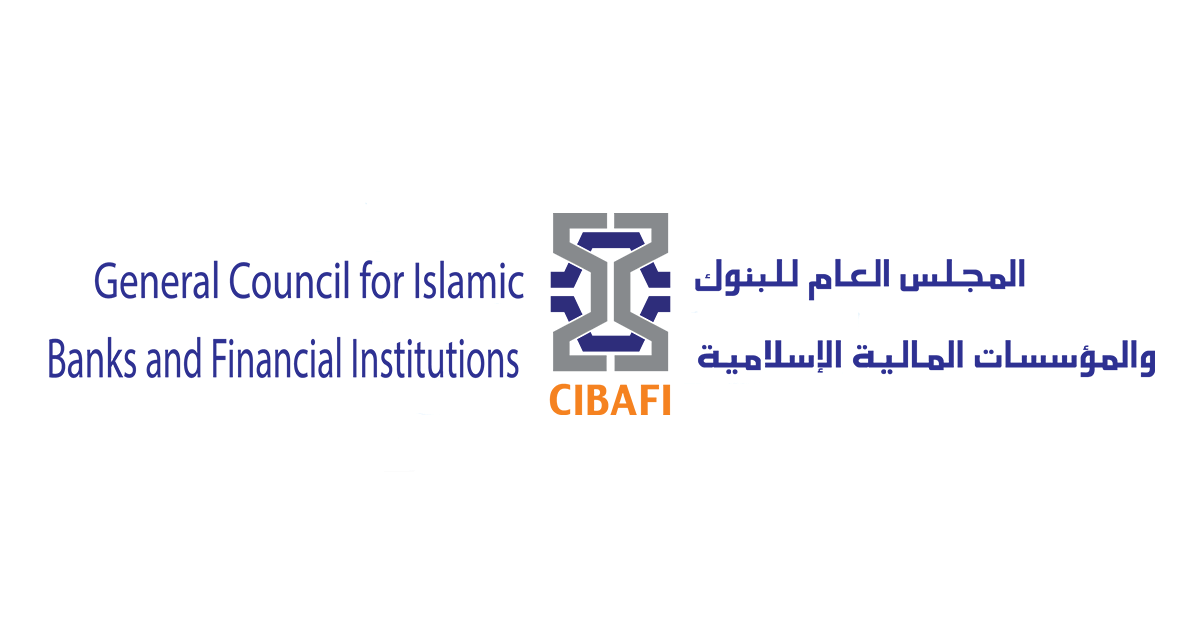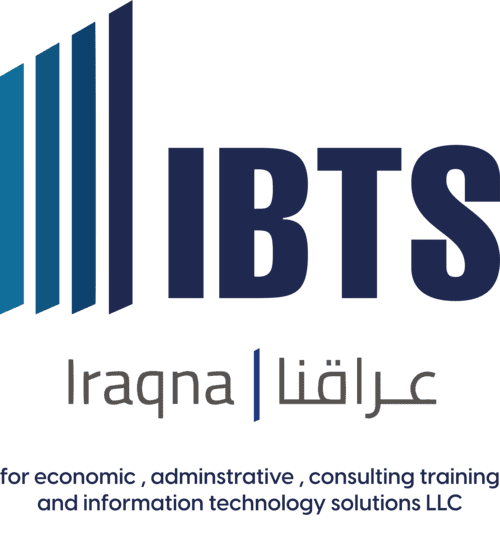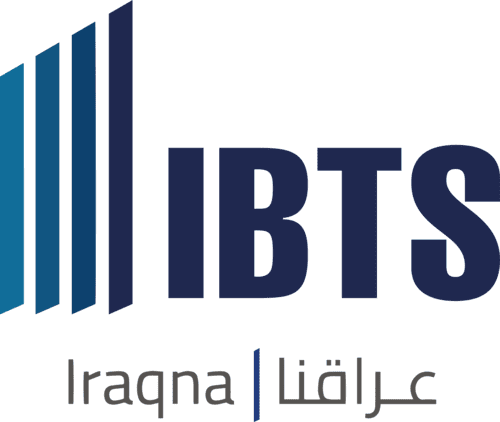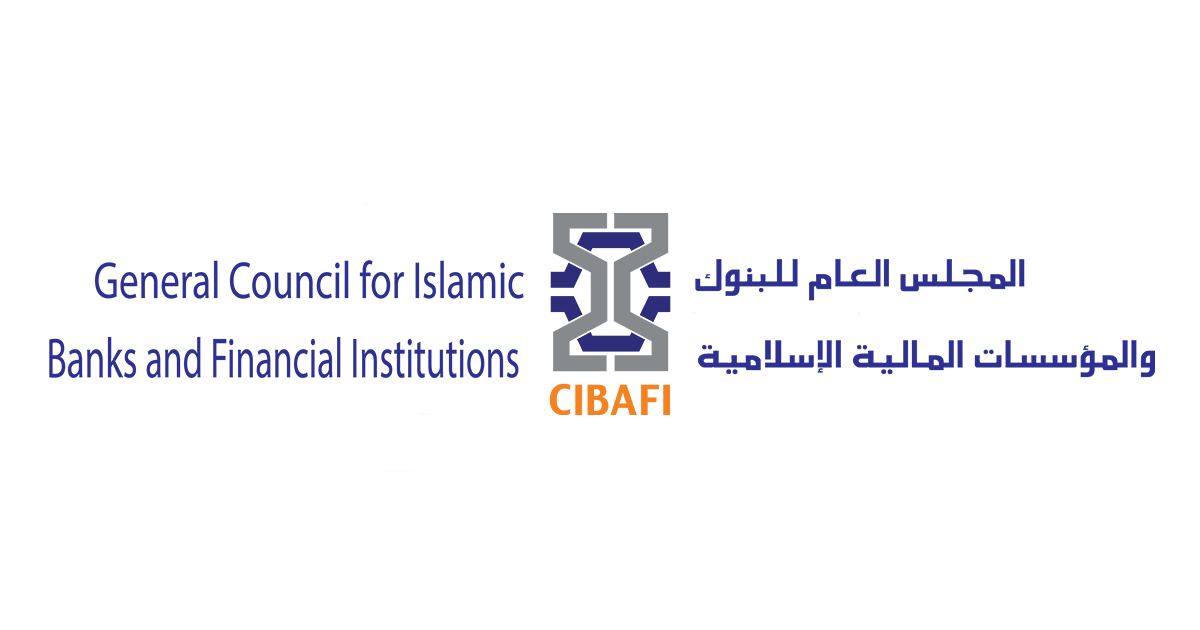Certified Islamic Risk Management Specialist (CISR)
Issued by the Council of Islamic Banks and Financial Institutions (CIBAFI)
Due to their multiple and complex activities, banks are exposed to many risks such as credit risks, market risks, operational risks, liquidity risks, etc. Therefore, the issue of risk management has received great attention from regulatory and supervisory authorities, and the need has become urgent to follow sound procedures to implement all elements of risk management, including: This includes identifying, measuring, mitigating, monitoring, reporting and controlling risks to supervisory authorities. These procedures require the application of appropriate policies, procedures, information systems, and effective management to make decisions and prepare internal reports on risks, commensurate with the scope and field of its activity.
At the level of issues related to risk management, Islamic financial institutions need to develop more stringent systems in order to identify, measure, follow up and control the categories of risks related to their products and services, as the nature of the work and characteristics of Islamic financial products requires a deep analysis to identify the types of traditional risks to which they are exposed in common with Traditional products, in addition to the need to recognize the distinct risks that are unique to the Islamic financial services industry. Islamic financial institutions are also interested in researching how to confront, reduce and address these risks in light of adherence to the rules and principles of Islamic Sharia.
Studying risks requires exposure to the issue of the capital adequacy equation and looking at the Basel Committee agreements, their stages of development, frameworks, and axes. It also requires researching the effects that it has on Islamic financial institutions, and discussing the reasons for creating a capital adequacy standard that is compatible with their specificity and legal nature. This includes presenting, explaining and analyzing the standards reached by the supporting institutions, whether issued by the Accounting and Auditing Organization for Islamic Financial Institutions in the Kingdom of Bahrain or the Islamic Financial Services Board in Malaysia.
The goal of obtaining the Certified Islamic Specialist in Risk Management:
- Providing participants with a comprehensive understanding of risk management practices used in Islamic financial institutions
- Preparing participants to work in the field of risk management in Islamic financial institutions
- The ability to understand risk management concepts
- Ability to measure and mitigate market, credit and operational risks
- The ability to manage risks in Islamic financial institutions
IBTS is the licensed partner in Iraq for training and distributing the scientific curriculum, conducting management registration and international testing, and delivering the certified Islamic specialist in risk (CISR).






